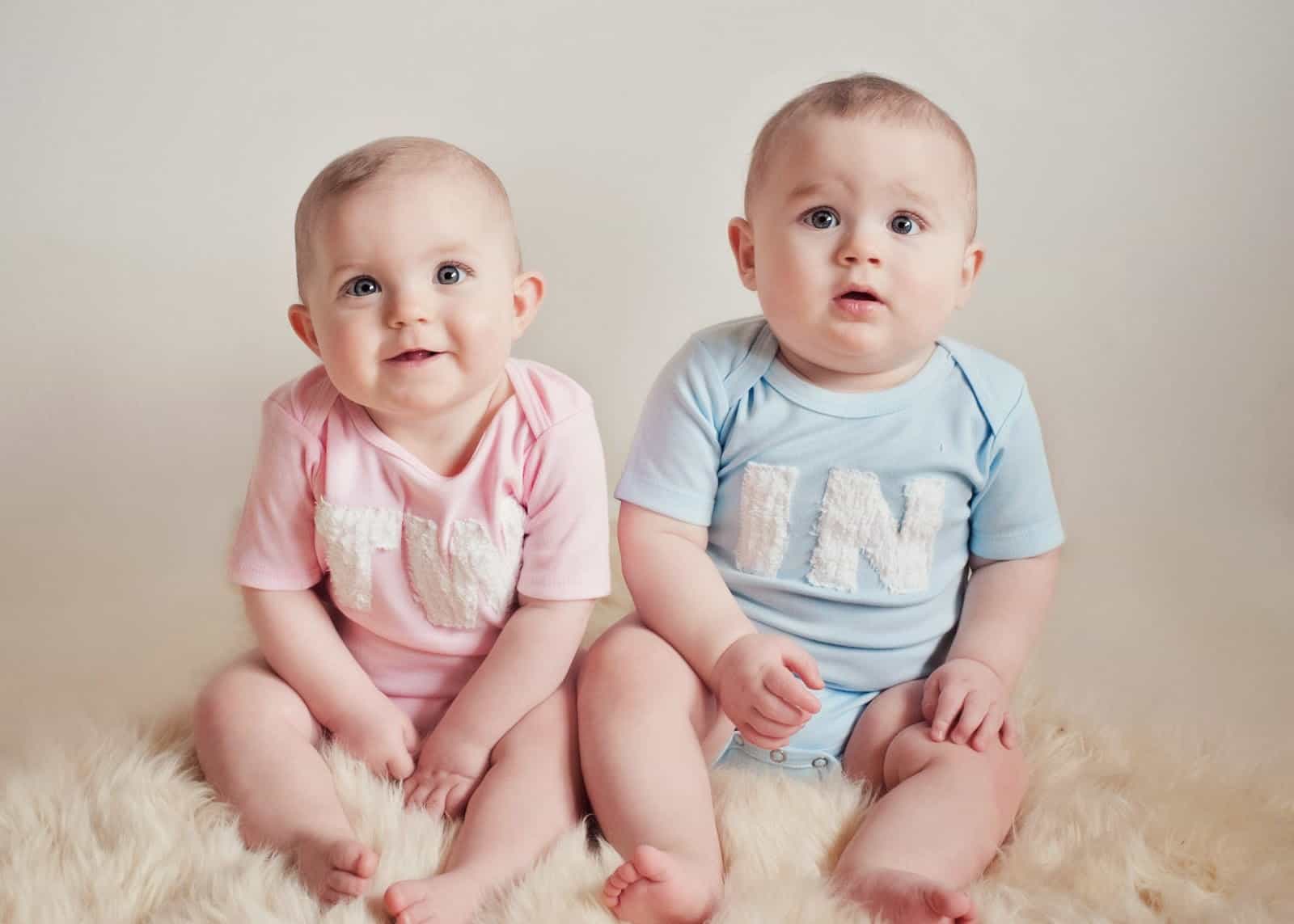Contents:
- Medical Video: In Vitro Fertilization (IVF)
- Why can you get twins from IVF (IFV)
- Will all IVF programs definitely produce twins?
- IVF program is not always successful
- Embryo DNA testing can increase the chance of successful pregnancy in IVF
Medical Video: In Vitro Fertilization (IVF)
IVF program, also called in vitro fertilization (IVF), is one option to help many couples have a baby. Interestingly, many twin pregnancies originate from IVF programs. Why can you get twins from IVF?
Why can you get twins from IVF (IFV)
The IVF program involves taking a sample of a woman's egg to be fertilized by a man's sperm in a petri dish. The fertilized egg, now called an embryo, is then incubated for several days before the endput back into the womb. After that the embryo will develop into a fetus just like pregnancy in general.
Pregnancy opportunities for twins from IVF can reach 20-40 percent. This means, every one in 4 pregnancies is a twin pregnancy. It all depends on how much the embryo isimplanted in the womb. Usually, the doctor will insert many embryos at a timeincrease the chance of successful pregnancy.
Of the many embryos, there may be more than one embryo that grows into a fetus. This is why the chances of getting twins from IVF can be quite high. Even not just twins, but can be more.
Will all IVF programs definitely produce twins?
Actually there is no exact answer. If you only want one embryo to be implanted, it is very unlikely that you can get twins. Even so, one embryo can split into two twins. Twins from one embryo are accompanied by identical twins.
IVF program is not always successful
Regardless of how many embryos are planted, the chances of success of IVF are only around 20-35 percent. The chance of successful pregnancy will depend on the condition of the egg and sperm used.
The age of prospective mothers also plays an important role in determining the success of IVF programs. Women under the age of 35 have a chance of up to 39.6 percent to have a baby from the IVF program, while women aged over 40 years only have an opportunity of around 11.5 percent. Younger women have a higher chance of success because the quality of their eggs is still good.
Other health conditions that might hinder the success of your IVF procedure, including fibroid tumors, ovarian disorders, abnormal hormone levels, and uterine abnormalities. Women who have conditions related to reproductive system problems have a lower chance of being able to successfully conceive from IVF.
But, you and your partner don't despair first.
Embryo DNA testing can increase the chance of successful pregnancy in IVF
Recently a study from the University of Oxford and Genetics Laboratory Reprogenetics in the United Kingdom. states that carrying out DNA tests on the embryo can increase the success of IVF by 75-80 percent. Even the researchers stated that this test also adds to the chances of getting pregnant for women over 30 years of age.












